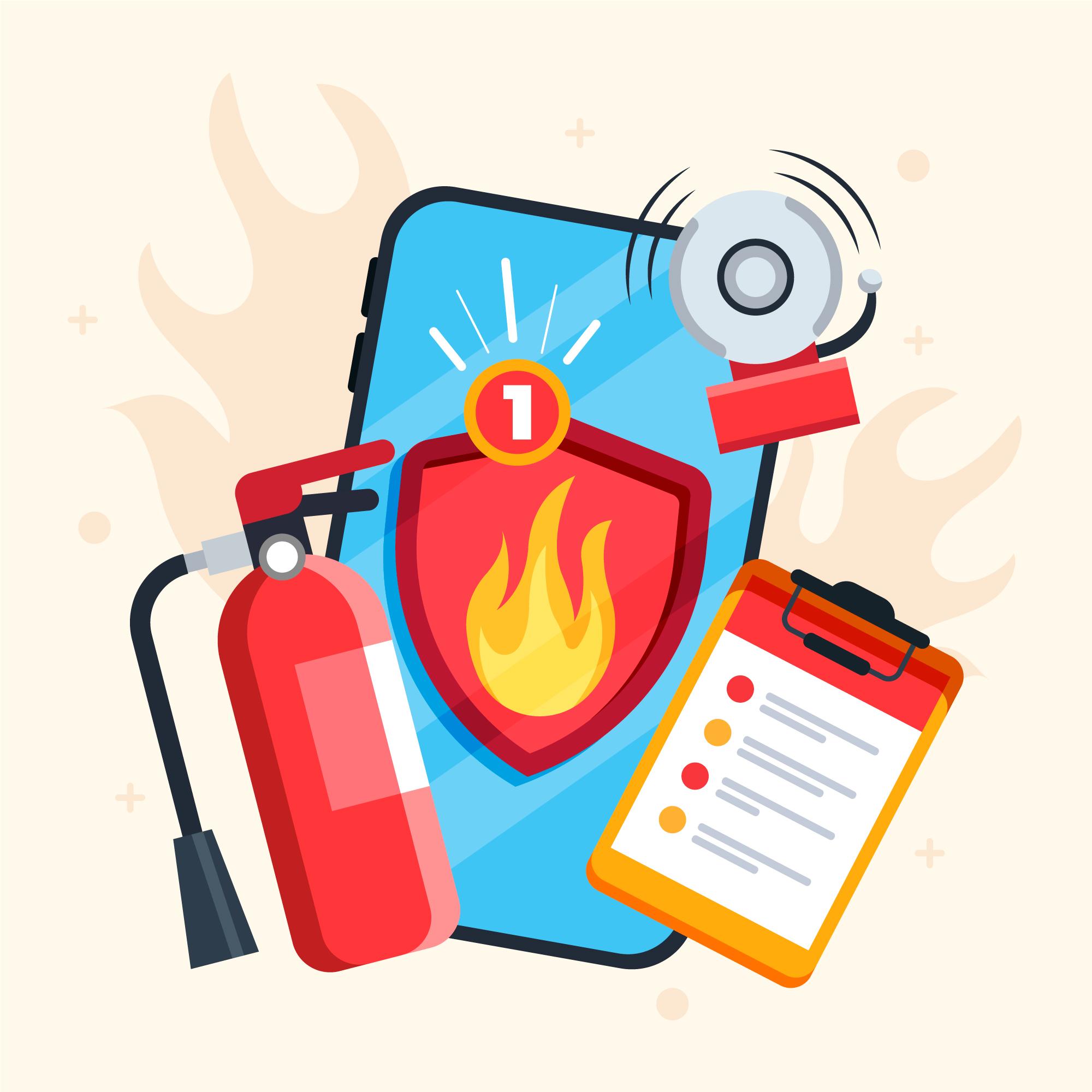Technology has allowed us to keep ourselves and our families safe, whether it be from fire, home security alerts, or weather warnings. But when we consider traditional alarms, doorbells, and emergency alerts, they often rely heavily on sound. Many people don’t realize that today, there are innovative tools and strategies to help ensure safety and peace of mind for those who are deaf or hard of hearing. Whether you’re living independently or supporting a loved one with hearing loss, here are are few things to consider when keeping yourself and your home safe:
 Fire and Carbon Monoxide Safety
Fire and Carbon Monoxide SafetyOne critical aspect of personal safety is detecting smoke or carbon monoxide in the home. Standard alarms are loud but may not be not effective for those who have hearing loss. Fortunately, there are specialized visual and tactile alert systems designed specifically for people with hearing loss. These can include:
Check with your local fire department or safety officials for tips or requirements on where to place alarms, testing, and when to change batteries.
A knock at the door or a doorbell ring can sometimes be hard to detect for someone with hearing loss. There are a range of options that can provide a noticeable alert for someone at or near the door, such as:
Weather events and public emergency broadcasts are crucial, especially in areas prone to severe storms, tornadoes, or wildfires. Some options to stay alert for timely warnings include:
Modern smart home technology offers customized safety through interconnected devices and can be tailored to individual hearing needs. Examples include:
Hearing loss doesn’t have to mean compromising on safety. With the right mix of technology, planning, and awareness, you can create a secure environment that fits your needs. Whether it's through smart alarms, visual signals, or wearable devices, these tools are available to keep you connected and safe.
If you're looking for specific product recommendations or general help hearing at your best, consult with a local hearing care professional. You can find one at https://www.hearing.org/find-a-hearing-professional/